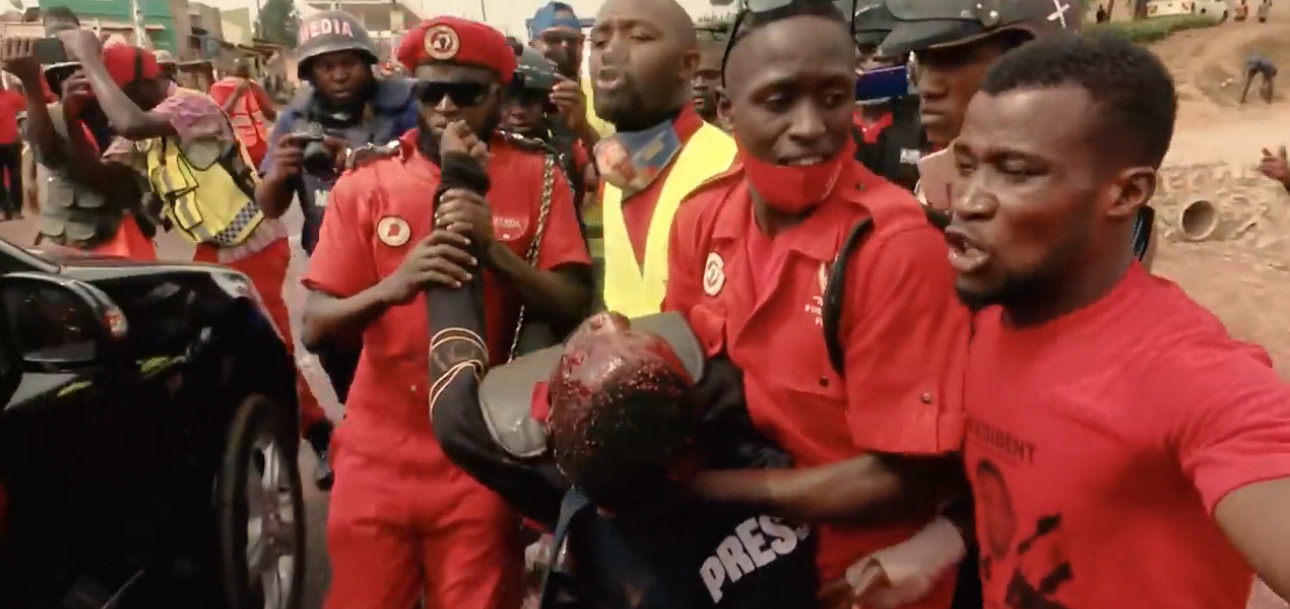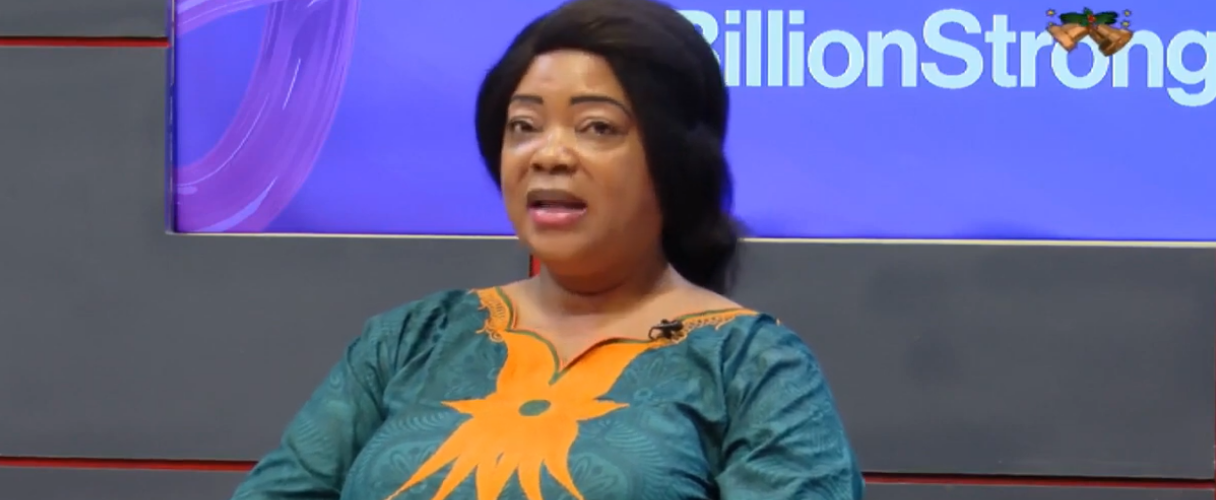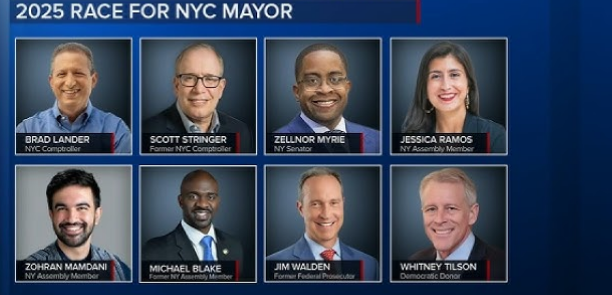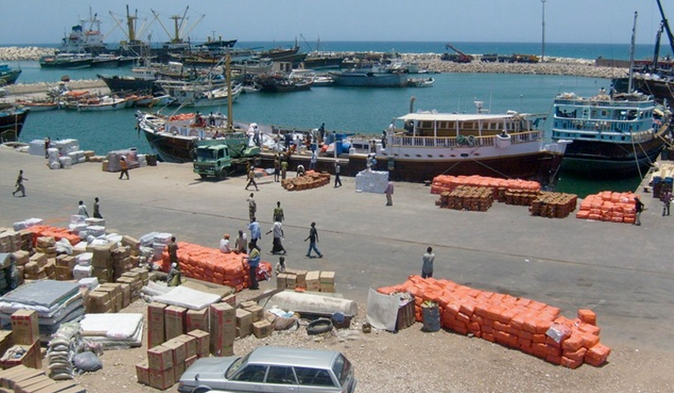By Dr. Theogene Rudasingwa
Photos: YouTube Screenshots
If we lived in the Roman Empire two millennia ago, this last week in General Kagame’s life would have been described as horribilis hebdomadal– a horrible week. In a decisive move that underscores the growing international backlash against Rwanda’s war of aggression in the Democratic Republic of Congo (DRC), on February 20, 2025, the U.S. Department of the Treasury’s Office of Foreign Assets Control (OFAC) imposed sanctions on James Kabarebe, Kagame’s three-decade-long hatchet man in Rwanda, and warlord for the (DRC). General Kabarebe has a long history of executing Kagame’s dictatorial order in Rwanda, orchestrating Rwanda’s wars of plunder in the mineral-rich DRC, assassinating Kagame’s political opponents and Heads of State (Juvenal Habyarimana of Rwanda, Cyprian Ntaryamira of Burundi, Laurent Kabila of DRC), and the architect of the acts of genocide, war crimes and crimes against humanity described in the UN Mapping Report of 2010.

The following day, in the strongest resolution on the Rwanda-DRC war thus far, the 15-member UN Security Council unanimously condemned Rwanda and its militia, M23. The UN Security Council, among other things, called on Rwanda to entirely withdraw its troops from DRC and cease support to M23. The UN Security Council also called on M23 to vacate the cities of Goma and Bukavu in north and south Kivu, respectively.
Earlier in the week, Rwanda’s ambassadors in Europe were summoned to Foreign Ministries in London and Berlin, and the European Union has condemned Rwanda’s war of aggression in DRC.
There were calls for a ceasefire and a return to dialogue at successive summits of the Southern Africa Development Community (SADC), East African Community (EAC), and the African Union (AU), but little concrete action to halt and reverse Rwanda’s war of aggression in DRC. This was noticeably celebrated in Kigali, where inaction by Africa and the international community is misinterpreted as a nod for impunity to continue to thrive and flourish.
In his characteristic temper tantrums, hubris, and bravado whenever his horrific crimes become overwhelmingly noticeable, General Kagame even suspended cooperation with Belgium simply because this European country has been calling for robust sanctions within the European Union.
These developments mark the latest chapter in a long trajectory of repetitive military campaigns that began decades ago—campaigns that have seen the capture of an entire DRC (First Congo War,1997), a second abortive attempt to recapture DRC (Second Congo War, 1998), and subsequent proxy wars that saw capture of cities like Goma (2012), and Goma and Bukavu (2025) leaving behind a trail of bloodshed, displacement, and devastation. Despite the temporary military victories and short-lived tactical gains, these wars have been unjust from their inception, costing not only the DRC but also inflicting severe, enduring hardships on the Rwandan nation and its ordinary citizens.
Fast forward to the present, and the pattern has not changed. In the most recent campaign, Rwandan forces and their proxy militia (M23), captured both Goma and Bukavu—key urban centers in North and South Kivu provinces. Rwanda’s military is moving towards the DRC-Burundi border, and reportedly planning operations on the Walikale-Kisangani axis. These cities, critical not only for their strategic locations but also for their economic importance, once again became the stage for a brutal display of power. The rapid territorial gains came at an enormous cost: thousands of civilians were killed, vital infrastructure was destroyed, and the international community was forced to confront the brutal realities of a war fought for nothing more than the enrichment of a privileged Rwandan Tutsi elite. The capture of Goma and Bukavu reinforces the narrative that Kagame’s military endeavors are not about safeguarding regional security, fighting FDLR, preventing genocide, or protecting vulnerable Tutsi populations—they are about subjugating a nation to serve the interests of a select few, and in doing so, they become inherently unjust.
Kagame’s wars in the DRC are primarily motivated by economic opportunism and territorial ambition. Rather than seeking to redress an apparent injustice or defend against an imminent threat, these campaigns aim to exploit the DRC’s vast mineral wealth and to expand Rwandan influence in a region that has long been mired in conflict. The capture of Goma and Bukavu is less about protecting a nation or a people and more about securing economic gains for a regime that has repeatedly shown its disregard for human life. Therefore, the intention behind these operations is far from noble—it is rooted in self-enrichment and the perpetuation of power, disqualifying them from meeting the threshold of a just cause.

The only winners in these wars are General Kagame, alongside General Kabarebe and a select few Tutsi military officers who constitute the cogs in the killing and looting machinery of Rwanda’s police state. When General Kagame talks about fighting an existential threat, he means threats to his money-making war enterprise in DRC, the shaky foundations of the police state he has built in Rwanda, and the unjust territorial conquests he seeks to fold into his Greater Rwanda Project to be carved out of DRC.
While the immediate human and territorial costs of these wars are most visible in the DRC, the ripple effects extend deeply into Rwanda itself. The burden of conflict is borne by every facet of the nation—from its economy and social fabric to its political institutions and environmental resources. Unjust war exacts a multifaceted toll: economically, humanly, socially, politically, and environmentally. When these costs accumulate, they create a situation in which the state is burdened by unsustainable debt, internal dissent, upheaval, strife, genocide, and collapse, as was the case in Rwanda in 1994. Although Kagame’s regime may continue to secure tactical victories and enrich its inner circle, the broader consequences of its policies ensure that the war is ultimately unwinnable. The pattern is set: temporary triumphs give way to a strategic decline that erodes the nation’s foundations, leaving ordinary citizens to bear the brunt of the collapse.
History is replete with examples of regimes that have overextended themselves through military adventures rooted in exploitation and injustice. The first and second Congo wars, as well as the disastrous capture of Goma in 2012, demonstrate that while military victories may be won on the battlefield, the broader strategic consequences often lead to a collapse of legitimacy and eventual downfall. Kagame’s current trajectory mirrors these historical patterns—an unsustainable strategy that may yield temporary economic gains for the few and territorial gains but ultimately condemns the nation to long-term decline and eventual regime collapse
The wars waged by General Kagame in the DRC are not merely external military campaigns; they are existential threats to DRC as well as to the very fabric of Rwanda. Beginning with the U.S. sanctioning of James Kabarebe—a man whose three-decade-long involvement in the DRC has epitomized Rwanda’s aggressive foreign policy—a series of unjust actions have marked this trajectory of warfare. From the first and second Congo wars, the 2012 capture of Goma, to the recent assaults on Goma and Bukavu, each military venture has served as a reminder that these wars are waged not for the defense of a people but for the enrichment of a select Tutsi elite
While Kagame and his inner circle enjoy tactical victories and temporary enrichment, history teaches us that unjust wars eventually lead to ruin. DRC will eventually re-establish its full sovereignty and territorial integrity because it is fighting a just war. The 2012 capture of Goma and the earlier Congo wars serve as stark reminders that the price of such conflicts is ultimately paid by the ordinary citizens—those who bear the cost of misdirected resources, lost opportunities, and the pervasive trauma of prolonged violence. In the end, the legacy of these unjust wars will not be measured in the fleeting gains of military might but in the long-term decline of a nation burdened by its unjust wars and unsustainable policies.
The price Rwandans and Congolese people pay for General Kagame’s unjust wars in the DRC is a debt that future generations will be forced to settle—a debt measured not in temporary victories but in long-term human, economic, social, political, and environmental decline. Ultimately, while tactical wins may bring short-term glory to Kagame’s regime, the actual cost of the war ensures that a painful reckoning will shape the nation’s destiny. The historical pattern is clear: unjust wars sow the seeds of their downfall, and the cycle of exploitation and conflict will eventually leave ordinary Rwandans with nothing but the burden of lost potential and shattered lives.
For Rwanda to secure a future of authentic democracy, rule of law, true prosperity, and peace, it must break free from the cycle of violence, belligerent militarism in the Great Lakes region, impunity, shallow territorial ambition, and plunder of DRC’s natural resources. General Kagame’s political dispensation is a sham and dangerous. It is dictatorial domestically and aggressive to its neighbors, thus undermining the imperative for equitable and sustainable development, social cohesion, genuine national unity, and regional security. The international community’s growing disapproval—symbolized by the sanctions on figures like Kabarebe—serves as a reminder that the cost of unjust warfare is too high and that no regime can indefinitely sustain a strategy built on dictatorship, exploitation, and aggression.
In their wisdom, our Rwandan ancestors coined a proverb, ukubise imbwa abashaka sebuja.
Today, it is Kabarebe. Tomorrow, it will be Kagame. The final day of reckoning is on the horizon.

Dr. Theogene Rudasingwa
Co-Founder, Rwanda Truth Commission, and Rwanda Freedom Movement-ISHAKWE
Washington, D.C,
USA
February 24, 2025








